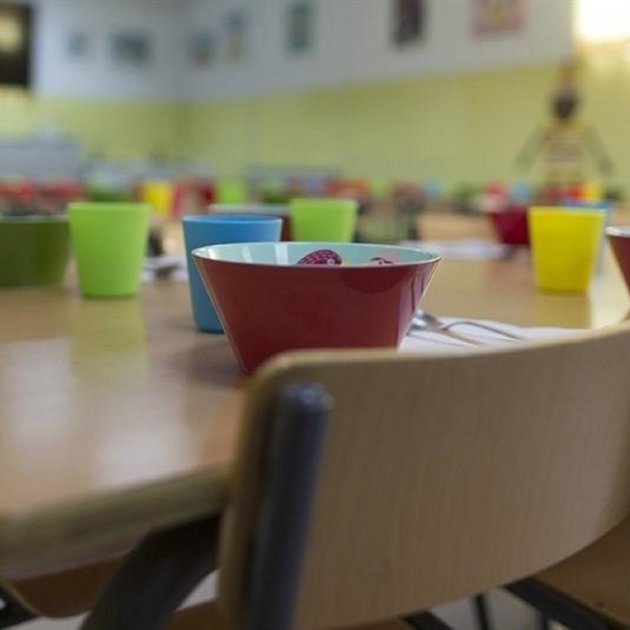In the lead-up to the start of a school year which will be different from any other, the Catalan department of education has presented an organizational plan to manage coronavirus cases and suspected cases that may occur in schools. In a press conference, Catalan education minister Josep Bargalló said that masks must be used in schools, except when students are in class with their stable coexistence group (GCE, in its Catalan acronym), the consistently-maintained classroom group of students which will be a key part of the educational and health organization of Catalan schools for the Covid era. He also stated that "each school will be allocated to a reference primary care health centre (CAP)".
The plan, which sets out the circumstances in which children should not go to school, such as when they are waiting for the result of a PCR test, will be given final approval before schools reopen in September. Bargalló made it clear that “there will be incidents on a daily basis. We must be prepared to face them with the maximum level of safety." He also asserted that they have the tools "to give absolute assurance that all cases will be treated" and that so far "we have been able to resolve all incidents”.
The general director of public school centres, Josep González-Cambray, stated that there will be "suspected cases of Covid-19 in schools" and that "families must keep the centre informed of their children's health". As González-Cambray explained, each school will have an "agile environment" for updating information, which will be updated twice a day and will allow the management of Covid-19 cases. In addition, each school will receive specific training and will have a reference nurse to provide support.
What will happen when a school detects a Covid-19 case?
The plan foresees the immediate isolation from the group - in an individual, "well-ventilated" space - of any student who shows symptoms while at school, and a protocol of contacting the school's assigned CAP centre; if a student develops symptoms at home, the family needs to contact their CAP centre first. In all cases, it is intended that suspected cases be given a PCR test within 24 hours.
What then happens at the school is based, in part, on the stable coexistence groups. All students in such a group are regarded as "close contacts" of one another. Thus, one or more confirmed cases within a GCE group will mean that the entire group will go into a 14-day quarantine, normal in-person classes will be suspended, and the entire group will be PCR tested. If a school has two cases that are in different GCEs but share the same space, these measures will be extended to all groups that use that space; if a school has two cases but they are in different spaces, the whole school may be closed for in-person classes for 14 days.
The plan sets out procedures for close cooperation between health and education authorities. The confirmation of a case will also set in motion a broader contact-tracing process.
There will be contagions
At the presentation of the plan, the general director of the Catalan government's health professionals area, Marc Ramentol, remarked that it is necessary to anticipate that coronavirus cases will occur throughout the school year: "We must be prepared". Ramentol explained that the traceability of infections will be "a shared action" between the education and health authorities, and that when there is a suspected case, a PCR test will be requested. "While waiting for the test, the person and their cohabitants must be isolated," he said. The general director also stated that "the role of households is to be aware of the symptoms".
With reference to the stable "coexistence groups", Bargalló emphasised that "maintaining the group is key" and underlined that schools could be trusted: "The schools are safe". The minister acknowledged that "there is a need for constant monitoring of school centres" and, in this sense, appealed to the role of municipal councils: "They are the immediate recipients of information".
Below, the 17-page draft plan for management of Covid-19 cases in educational centres:


